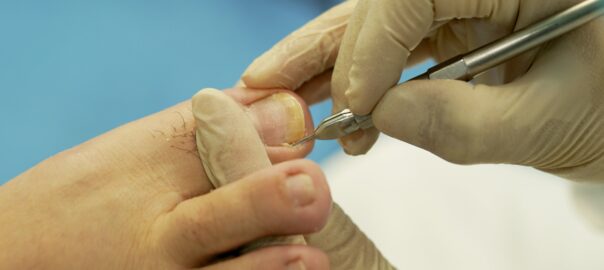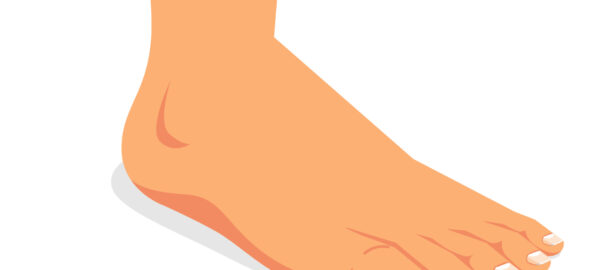Ingrown toenails can be quite uncomfortable! Here are some tips to help alleviate the discomfort and prevent further issues:
- Soak your feet: Soaking your feet in warm water can soften the skin around the nail and reduce swelling. Add Epsom salts for added relief.
- Proper cutting technique: Trim your nails straight across to prevent them from growing into the skin. Avoid cutting them too short or rounding the edges, as this can encourage ingrowth.
- Wear comfortable shoes: Tight shoes can put pressure on your toes, exacerbating ingrown toenails. Opt for comfortable, well-fitting shoes that give your toes enough space.
- Keep your feet clean and dry: Cleanliness is important to prevent infections. Dry your feet thoroughly after bathing and wear breathable socks made of natural fibers to keep moisture away.
- Use a toe protector or cotton: Placing a small piece of cotton under the ingrown edge of the nail can help lift it away from the skin and relieve pressure. Toe protectors available at pharmacies can also help in a similar way.
- Over-the-counter remedies: Over-the-counter pain relievers like ibuprofen can help with the pain and swelling associated with ingrown toenails.
- See a professional: If the ingrown toenail is causing severe pain, redness, or signs of infection (like pus or increased swelling), it’s advisable to see a podiatrist or a foot specialist. They can provide professional care, including lifting the nail edge, removing the ingrown portion, or prescribing antibiotics if an infection is present.
Remember, taking good care of your feet and nails is crucial in preventing ingrown toenails. If you’re prone to them, being proactive with proper nail trimming and foot care can make a significant difference in reducing their occurrence.
Call housecall podiatrists at Chicago Home Foot Care at 312-998-0974. Our Chicago podiatrists can provide a proper diagnosis based on your symptoms, medical history, and potentially recommend imaging studies or other diagnostic tests to identify the underlying cause and determine the appropriate treatment.








